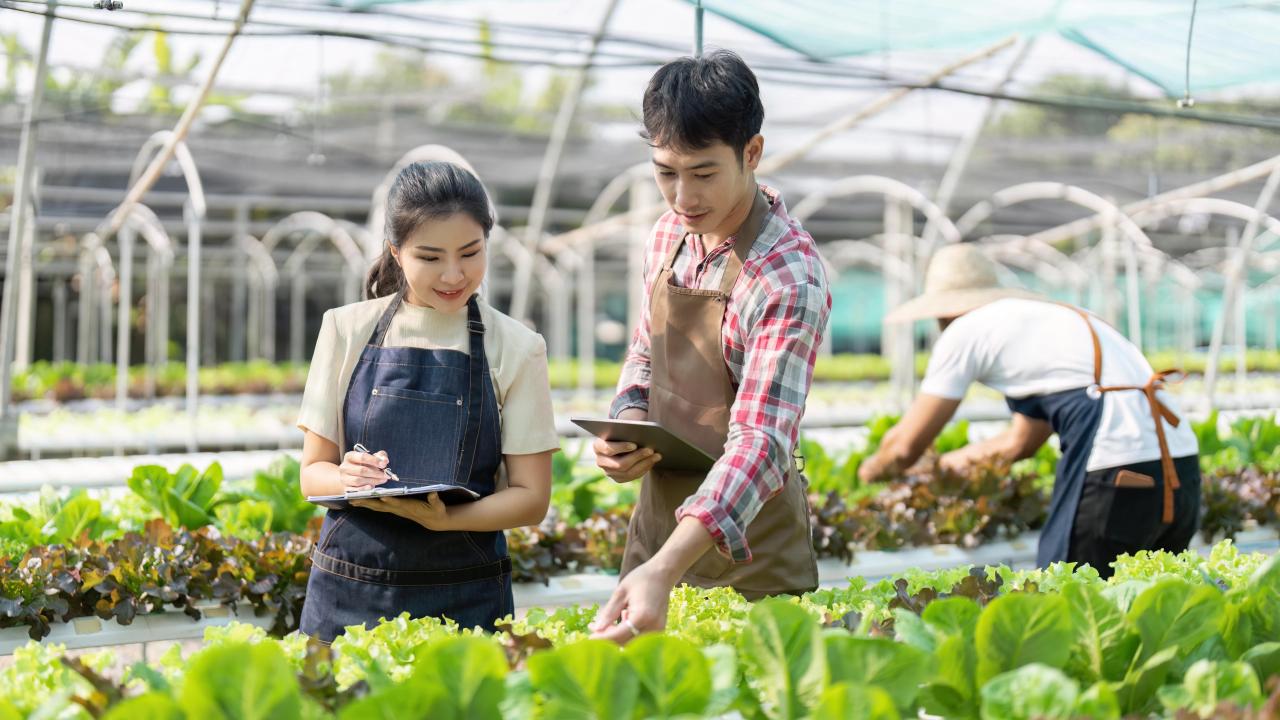An estimated 600 million – almost 1 in 10 people in the world – get sick after eating contaminated food, according to the World Health Organization. To address this concern, the U.S. Food and Drug Administration (FDA), which has authority to regulate the way foods are grown, harvested and processed, created a regulatory framework around food safety.
Part of that framework is the FDA Food Safety Modernization Act (FSMA) and the new section, Requirements for Additional Traceability Records for Certain Foods. This new section identifies high-risk foods to public health and requires additional record-keeping requirements that will help companies quickly identify and remove contaminated food from the market. Businesses must comply with this new section by January 20, 2026.
These expanded compliance and traceability requirements significantly increase the volume and complexity of data to manage—requiring the capture and maintenance of specific Key Data Elements at Critical Tracking Events.
The challenge for many companies: these data elements often reside in separate, non-interoperable systems and entities, spanning records from production, handling, and shipment of finished goods.
The solution requires verifying that every ingredient can be tracked from its origin to the finished product through sufficiently unique Traceability Lot Codes. The ability to ‘connect the dots’ can enhance compliance and operational efficiency, boost consumer confidence, and protect public health.
Rockwell Automation (NYSE:ROK) Plex and FactoryTalk® solutions, combined with Kezzler’s digital ID solutions, enable producers to elevate processing and factory data captured within the four walls of the plant into a single-source query product genealogy.
By connecting this information to the overall supply chain, this technology collaboration from Rockwell and Kezzler means companies can track food from start to finish, monitor critical control points in real time, automate collection and visualization of data trends, and protect products against counterfeits and supply chain changes. It will ultimately help them respond faster to contaminated food risks and protect consumers from foodborne illness and even death.
Learn more.
